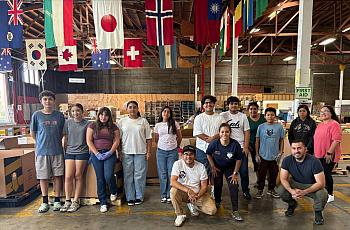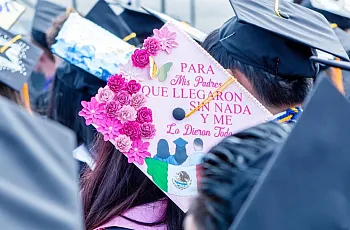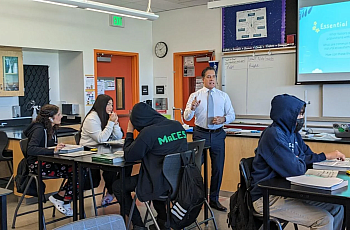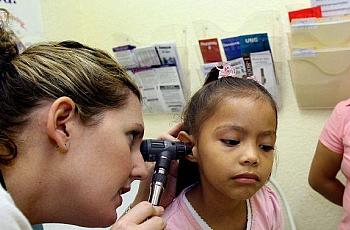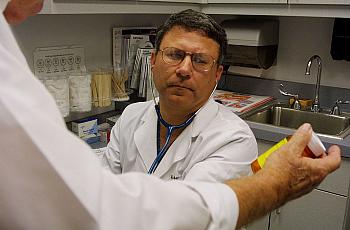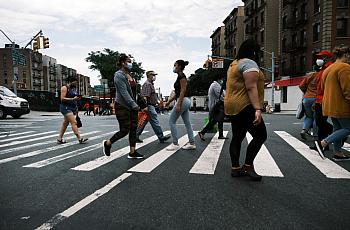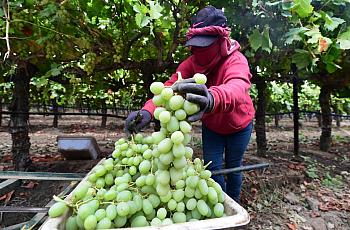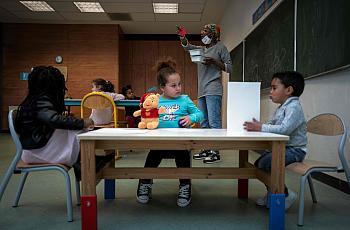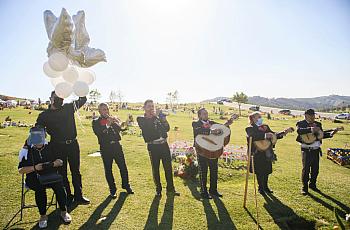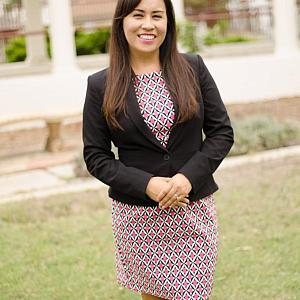
Jacqueline Garcia is a Los Angeles-based freelance journalist with more than a dozen years of experience covering issues ranging from immigration and politics to health and education. A vast majority of her reporting has focused on issues that affect the Latino population. She has committed to working with underserved groups and giving them a voice when needed. Garcia is originally from Puebla, Mexico, and up until 2017—when she gained her legal residency—she was one of the more than 750,000 undocumented immigrants with Deferred Action (DACA). She graduated from Cal State Northridge with a bachelor’s degree in broadcast journalism and a minor in Spanish language journalism. She recently received her master’s degree in communication management from USC. She is a board member of the California Chicano News Media Association and a member of the National Association of Hispanic Journalists.

